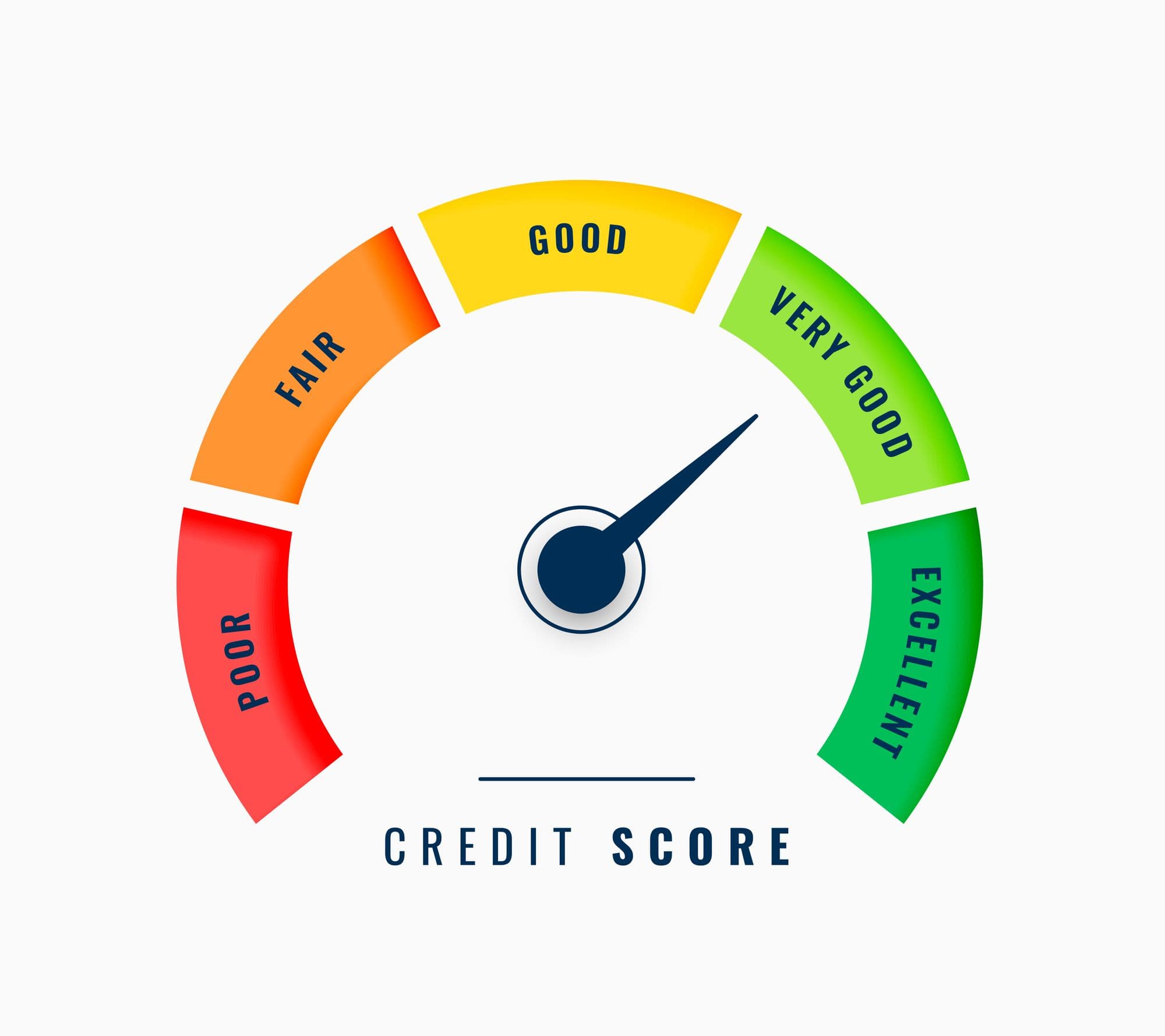Key Takeaways
- Personal loans are available for all credit scores, but your credit score significantly impacts the interest rates and loan terms you're offered.
- You can still secure a loan with a low or no credit score, but you'll need to be strategic.
- Improving your credit score before applying for a loan can save you money and open up more options.
Step 1: Understand How Credit Scores Impact Personal Loans
Your credit score is one of the most important factors lenders use to decide whether to approve your loan and what interest rate to offer. Here’s how your score affects your loan options:
- Excellent Credit (720+): You’ll get the best interest rates—sometimes as low as 5%—and the most flexible loan terms.
- Good Credit (690-719): You can still secure favorable rates, though they may be slightly higher. Expect rates around 7-15%.
- Fair Credit (630-689): You’ll have fewer options and higher interest rates—typically between 15-25%.
- Poor Credit (below 630): You can still get a loan, but expect rates to be 25% or higher. You might also need a co-signer or collateral.
Pro Tip: Check your credit score before applying for a loan. Knowing where you stand gives you a better idea of what to expect and helps you avoid unnecessary rejections.

Step 2: Personal Loans for Excellent and Good Credit
If you have excellent or good credit, congratulations! You’re in a strong position to get a loan with favorable terms. Here’s what you can expect:
Top Lenders for Excellent or Good Credit
- LightStream: Offers some of the lowest interest rates for borrowers with excellent credit, starting around 5%.
- SoFi: Known for its flexible terms and low rates, SoFi also offers member benefits like unemployment protection.

Why It’s Worth Shopping Around
Even if you have great credit, it’s important to compare offers from different lenders. Some may offer lower interest rates but have stricter loan terms, while others could provide more flexibility with repayment.
Action Step: Use an online loan comparison tool to quickly see which lenders offer the best rates for your credit score.
Step 3: Personal Loans for Fair Credit
If your credit score is in the fair range (630-689), you’ll have fewer options, but you can still find a loan with reasonable terms if you’re strategic.
Loan Options for Fair Credit
- Upstart: This lender considers factors beyond your credit score, such as education and job history, making it a good option for fair-credit borrowers.
- Avant: Known for working with borrowers with fair to poor credit, Avant offers personal loans up to $35,000 with interest rates starting around 9.95%.
- Credit Unions: Many credit unions offer personal loans to members with fair credit. These loans often have lower interest rates than traditional banks.
How to Improve Your Chances of Approval
- Reduce your debt: Pay down credit card balances to improve your credit utilization ratio.
- Avoid late payments: Timely payments on all bills can boost your credit score over time.
- Consider a co-signer: If possible, ask someone with better credit to co-sign your loan.
Pro Tip: Don’t apply for multiple loans at once, as each application results in a hard inquiry, which can lower your credit score.

Step 4: Personal Loans for Poor Credit
Securing a personal loan with poor credit (below 630) can be challenging, but it’s not impossible. Here’s how to improve your chances:
Loan Options for Poor Credit
- OneMain Financial: Specializes in loans for poor-credit borrowers. They offer both secured and unsecured loans with flexible terms.
- LendingPoint: Known for working with borrowers who have credit scores as low as 580. Their loans come with higher interest rates, but they’re an option if you need funds quickly.
Strategies to Improve Your Approval Chances
- Consider a secured loan: With secured loans, you offer collateral—like your car or home—as a way to reduce the lender’s risk.
- Get a co-signer: A co-signer with good credit can help you qualify for a loan and get better terms.
- Demonstrate stable income: Show lenders that you have a reliable source of income and can repay the loan on time.
Action Step: If you have poor credit, focus on improving your credit score over time by making timely payments and paying down existing debt.
Step 5: How to Secure a Loan with No Credit History
If you have no credit history, it’s still possible to get a loan, though you may face higher interest rates or need to provide additional documentation.
Strategies for Securing a Loan
- Get a co-signer: A co-signer with good credit can significantly improve your approval chances.
- Provide proof of income: Show the lender that you have a stable job and consistent income to make your monthly payments.
- Consider a credit-builder loan: These loans are specifically designed to help you build credit. With a credit-builder loan, the lender holds the amount you borrow in a savings account until you’ve paid off the loan, and the payments are reported to credit bureaus.
Pro Tip: Use this first loan as an opportunity to build your credit history by making all your payments on time, which will make it easier to secure better loans in the future.Loan Options
Step 6: Common Pitfalls to Avoid When Applying for Personal Loans
Securing a personal loan can be a great financial tool, but it’s important to avoid these common mistakes:
- Borrowing more than you need: Only take out what you can comfortably repay.
- Overlooking hidden fees: Some lenders charge origination fees, prepayment penalties, or late payment fees. Make sure you understand all the costs before signing.
- Ignoring loan terms: Understand the repayment schedule and interest type (fixed vs. variable).
- Not shopping around: Always compare offers from multiple lenders to ensure you’re getting the best rate.
- Failing to plan for repayment: Have a clear budget and repayment plan to avoid late payments, which could hurt your credit score.
Action Step: Before accepting any loan, read the fine print carefully and ask the lender about any fees or penalties.
Step 7: Improve Your Credit Before Applying for a Loan
Improving your credit score before applying for a loan can save you money and increase your chances of approval. Here are some quick tips:
- Pay bills on time: Payment history is the biggest factor in your credit score.
- Pay down debt: Reducing your credit card balances improves your credit utilization ratio.
- Check your credit report: Look for and dispute any errors that might be negatively affecting your score.
- Avoid opening new credit accounts: Each application can temporarily lower your score.
Pro Tip: Start working on improving your credit at least six months before applying for a loan to give yourself time to see results.

Final Thoughts
Navigating personal loans doesn’t have to be complicated. By understanding how your credit score affects your loan options and taking steps to improve your credit, you can find a loan that fits your financial needs without breaking the bank.
Remember, personal loans can be a powerful tool—whether you’re consolidating debt, covering unexpected expenses, or financing a big purchase. Just be sure to shop around, compare offers, and have a solid repayment plan in place.
Found this guide helpful? Share it with your friends and sign up for our newsletter for more personal finance tips!


